Publications
We believe that assessing social and environmental factors is not just a way for mission-driven financial institutions like Root Capital to create impact. In this issue brief, we posit that social and environmental due diligence can also create financial benefits that partially or fully offset the costs involved for lenders and investors.
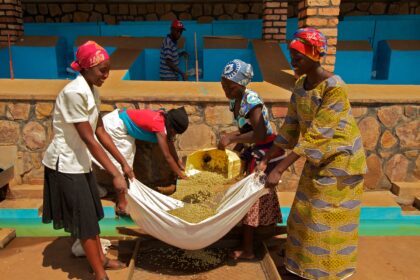
I sat down with Andrew Stern of Dalberg Advisors to talk about a topic that’s near and dear to my heart—how to spur a financial market to serve the unmet needs of the world’s 450 million poorest farmers while preserving our natural resources.
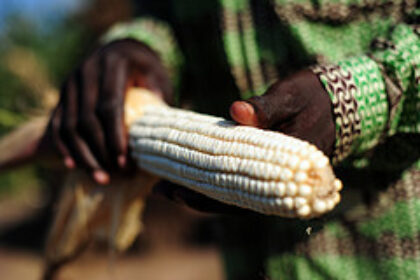
This case study evaluates how the Nicaraguan coffee cooperative COOMPROCOM supports farmer livelihoods. It assesses the impact of Root Capital lending on clients, and the impact of COOMPROCOM on the smallholder farmers they serve.
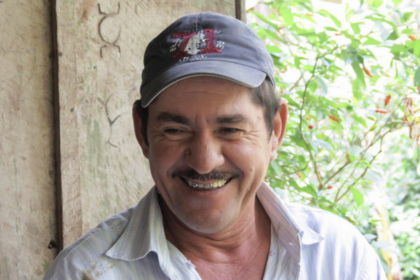
Colin Powell once said that “capital is a coward,” and the data shows that foreign private investment generally waits a decade before re-entering post-conflict countries. Yet the world can’t wait that long. This blog post is about capital becoming more courageous in places like Somalia and the Democratic Republic of Congo (DRC), where economic reconstruction can contribute mightily to the transition to peace and security, even in regions still ravaged by war.
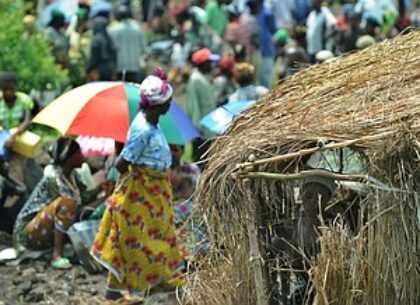
Togolese social entrepreneur Francois Locoh-Donou is at the forefront of efforts to build the capacity for nut processing within West Africa.

Malian business Produits du Sud offers a microcosm for how such small and growing agricultural businesses can foster long-term peace and prosperity in one of the most troubled regions of the world.
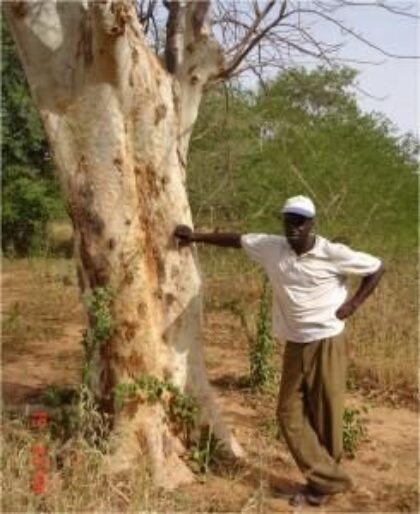
Fruiteq is a private enterprise that sources Fair Trade- and organic-certified mangoes from 830 small-scale farmers in Burkina Faso, Mali and Ivory Coast. This is the first case study Root Capital has conducted in the fresh fruits and vegetables sector. It provides practical lessons on the appropriate loan structure and risks particular to the value chain.
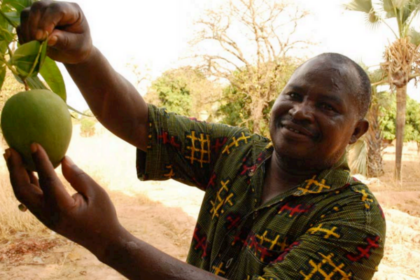
COOPCAB is a coffee cooperative in southeastern Haiti near the border with the Dominican Republic. In this study, we seek to understand and document the cooperative's various social and economic impacts and the effect Root Capital’s loans have had on COOPCAB’s operations.
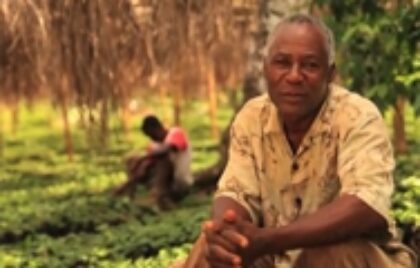
As the Clinton Bush Haiti Fund prepares to cease its operations, we’d like to say thanks for serving as a catalyst, for helping build Haitian agriculture that empowers small-scale farmers and is truly sustainable in the long-term.